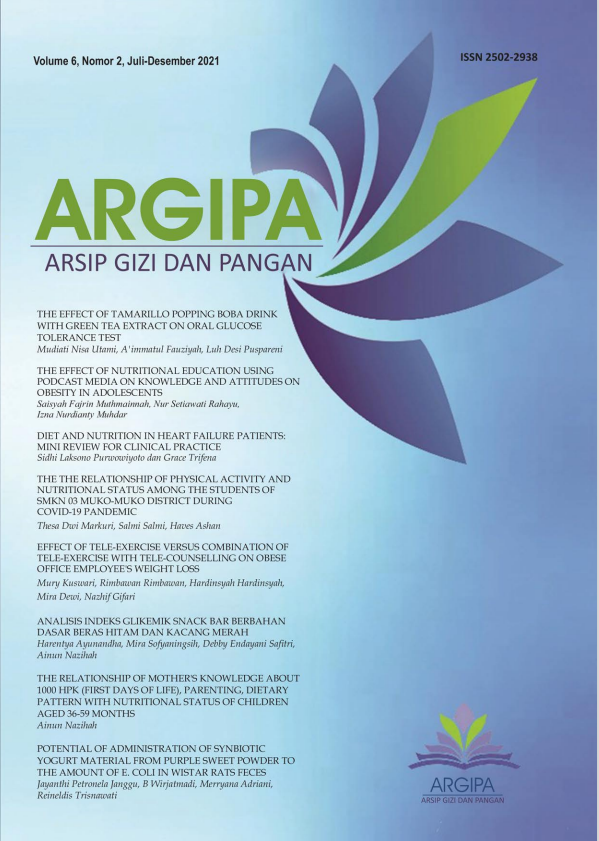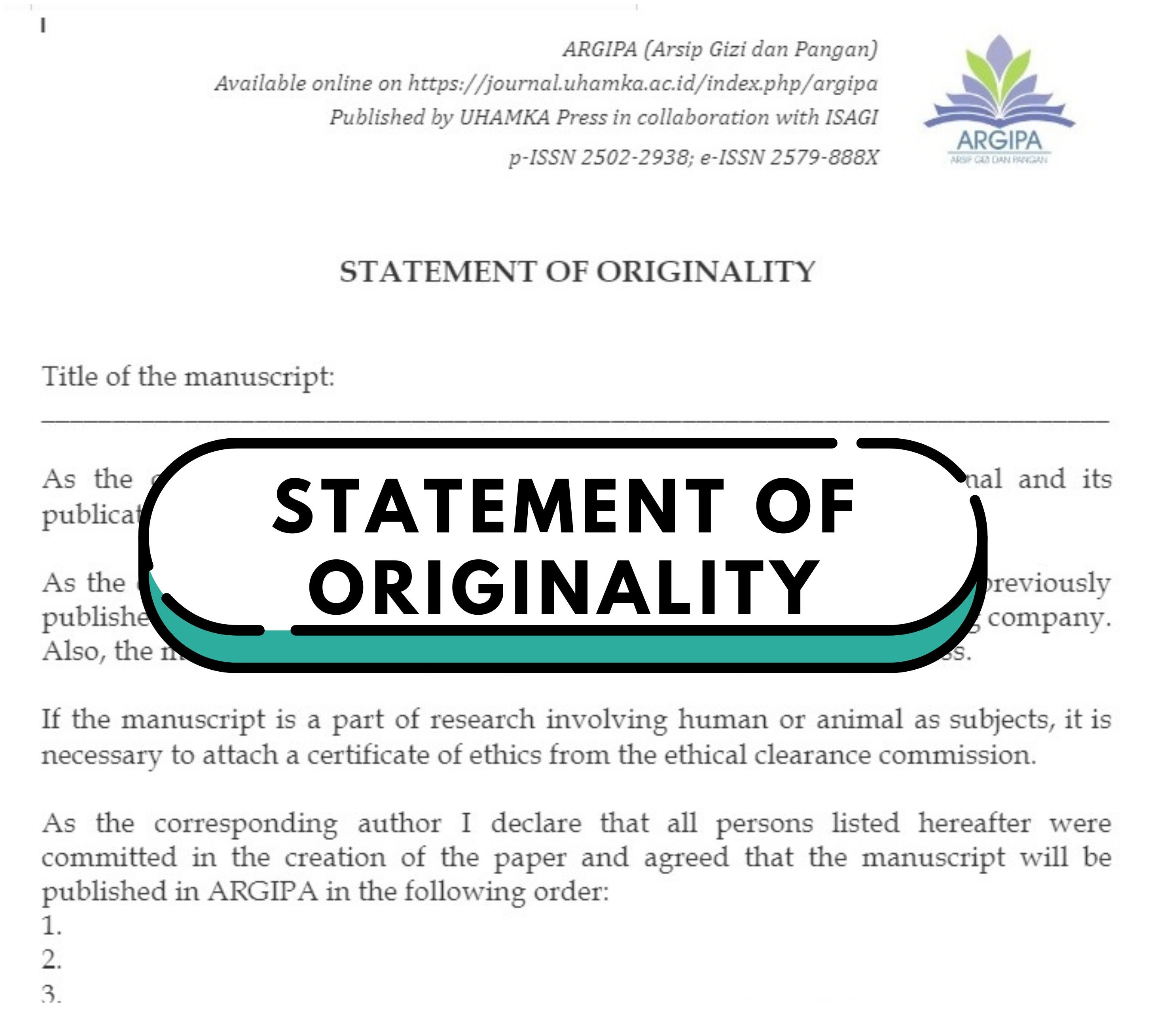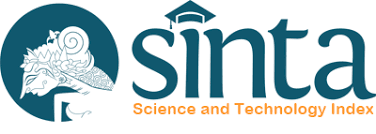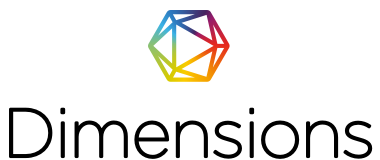The effect of nutritional education using podcast media on knowledge and attitudes on obesity in adolescents
DOI:
https://doi.org/10.22236/argipa.v6i2.6212Keywords:
Podcast, Booklet, Obesity, Knowledge, AttitudeAbstract
Obesity is a nutritional problem in adolescents nowadays. Obesity can increase risk of non-communicable diseases such as hypertension, cardiovascular disease, diabetes mellitus, cancer, osteoporosis and others which have implications for decreasing productivity and life expectancy. One factor of obesity is the lack of knowledge and information related obesity. Therefore, nutrition education using media that has been close to adolescents must be utilized in order to prevent obesity in adolescents. This research was a quasy experimental study with a non-equivalent control group design in 68 X-grade Labschool Kebayoran teenagers. Subjects were divided into 2 groups: 34 subjects as experimental group and 34 subjects as control group. In the experimental group podcasts and booklets were given for 1 week. Whereas, the control group was given a booklet without podcasts. Knowledge and attitude data related to balanced nutrition messages about obesity in adolescents were obtained from primary data in the form of questionnaires. The results of the study showed that there was influence of increased knowledge in the experimental group and the control group. There was an effect of increasing attitude in the experimental group and the control group. Meanwhile, there was difference in the effect of the experimental group with the control group on knowledge but there was no difference in the effect of the experimental group with the control group on attitudes. As conclusion that both the podcast and booklet media and without the podcast media related balanced nutrition messages about obesity in adolescents can improve knowledge and attitudes. Therefore, podcasts and booklets are considered as an effective media in providing nutrition education for balanced nutrition messages about obesity in adolescents.
Downloads
References
Aini, S. N. (2013). Faktor risiko yang berhubungan dengan kejadian gizi lebih pada remaja di perkotaan. Unnes Journal of Public Health, 2(1), 1-8.
Arisman, M. B. (2004). Buku Ajar Ilmu Gizi: Gizi dalam Daur Kehidupan. Jakarta: EGC.
Arisman, M. B. (2014). Buku Ajar Ilmu Gizi: Gizi dalam Daur Kehidupan. Jakarta: EGC.
Azwar, S. (2005). Sikap Manusia Teori dan Pengukurannya. Yogyakarta: Pustaka Pelajar.
Azwar, S. (2013). Sikap Manusia Teori dan Pengukurannya. Yogyakarta: Pustaka Pelajar.
Eka, R. (2018). Spotify adalah platform podcast paling populer di Indonesia. https://dailysocial.id/post/laporan-dailysocial-penggunaan-layanan-podcast-2018. Diakses pada 20 Februari 2019.
Enrico, L. (2011). Podcast sebagai Media Pengajaran Bahasa Indonesia (Analisis Isi terhadap Pengajaran Bahasa Indonesia Praktis pada Podcast Survivalphrases.com bagi Orang Asing Episode Restaurant). Skripsi. Universitas Atma Jaya Yogyakarta.
Fadilah, E., Yudhapramesti, P., & Aristi, N. (2017). Podcast sebagai alternatif distribusi konten audio. Jurnal Kajian Jurnalisme, 1(1), 90-104.
Geoghegan, M. W. & Klass, D. (2007). Podcast Solutions: The Complete Guide to Audio and Video Podcasting. Second Edition. USA: Friendsof.
Han, J. C. & Kimm, S.Y.S. (2010). Childhood Obesity-2010: Progress and Challenges. Di dalam Güngör, N. K. (2014). Overweight and obesity in children and adolescents. Journal of clinical research in pediatric endocrinology, 6(3), 129-143.
Handari, S. R. T., & Loka, T. (2017). Hubungan aktivitas fisik dan kebiasaan konsumsi fast food dengan status gizi lebih remaja SMA Labschool Kebayoran Baru Jakarta Selatan tahun 2016. Jurnal Kedokteran dan Kesehatan, 13(2), 153-162.
Kemenkes RI. (2013). Riset Kesehatan Dasar dalam Angka Provinsi DKI Jakarta. Jakarta: Badan Penelitian dan Pengembangan Kesehatan Kementerian Kesehatan Republik Indonesia.
Kusumarani, A., Noviardhi, A., & Susiloretni, K. A. (2018). Pengaruh media komik terhadap pengetahuan dan sikap tentang sayur dan buah di SD Aisyiyah dan SDN Kalicilik 2 Demak. Jurnal Riset Gizi, 6(2), 124-128.
Lendra, M., Marlenywati, M., & Abrori, A. (2018). Pengaruh penggunaan media booklet terhadap peningkatan pengetahuan tentang kecukupan energi remaja (studi pada siswa-siswa kelas XI IPS SMA Negeri 1 Pontianak). JUMANTIK: Jurnal Mahasiswa dan Peneliti Kesehatan, 5(1), 1-11.
Mumpuni, Y. & Wulandari, A. (2010). Cara Mengatasi Kegemukan. Yogyakarta: Andi.
Notoatmodjo, S. (2007). Kesehatan Masyarakat Ilmu dan Seni. Jakarta: Rineka Cipta.
Notoatmodjo, S. (2010). Ilmu Perilaku Kesehatan. Jakarta: Rineka Cipta.
Nur'aini. (2016). Pengaruh Pendidikan Kesehatan dengan Booklet terhadap Pengetahuan dan Sikap Menstrual Hygiene pada Siswi di SDI Al – Falah 1 Jakarta. Skripsi. Jakarta: UIN Syarif Hidayatullah.
Puspitasari, A. (2013). Self regulated learning ditinjau dari goal orientation. Educational Psychology Journal, 2(1).
Rathore, C. K., Pandya, A., & Ravindra, H. N. (2014). Effectiveness of information booklet on knowledge regarding home management of selected common illness in children. IOSR Journal of Nursing and Health Science (IOSR-JNHS), e-ISSN, 2320-1959.
Sulastri, N. T., Effendy, C., & Haryani, H. (2008). Pengaruh pemberian pendidikan kesehatan terhadap pengetahuan dan keterlibatan keluarga dalam pencegahan dekubitus pada pasien tirah baring. Jurnal Ilmu Keperawatan, 3(3), 193-201.
Tjandra, E. A., & Tjandra, S. R. (2013). Hubungan antara komponen kognitif, komponen afektif, dan komponen perilaku terhadap sikap konsumen memanfaatkan teknolo-gi internet. Jurnal Manajemen, 17(1), 42-52.
Viniriani, M. A. (2013). Pengaruh Makan Cepat terhadap Kejadian Kegemukan dan Obesitas pada Remaja di Kota Yogyakarta (Doctoral dissertation, Universitas Gadjah Mada).
Yanti, P. (2017). Efektivitas Penggunaan Media Audio terhadap Peningkatan Motivasi Belajar pada Anak Kelompok A. Skripsi. Yogyakarta: Universitas Negeri Yogyakarta.
Zuchdi, D. (1995). Pembentukam Sikap. Jakarta: Cakrawala Pendidikan.

















